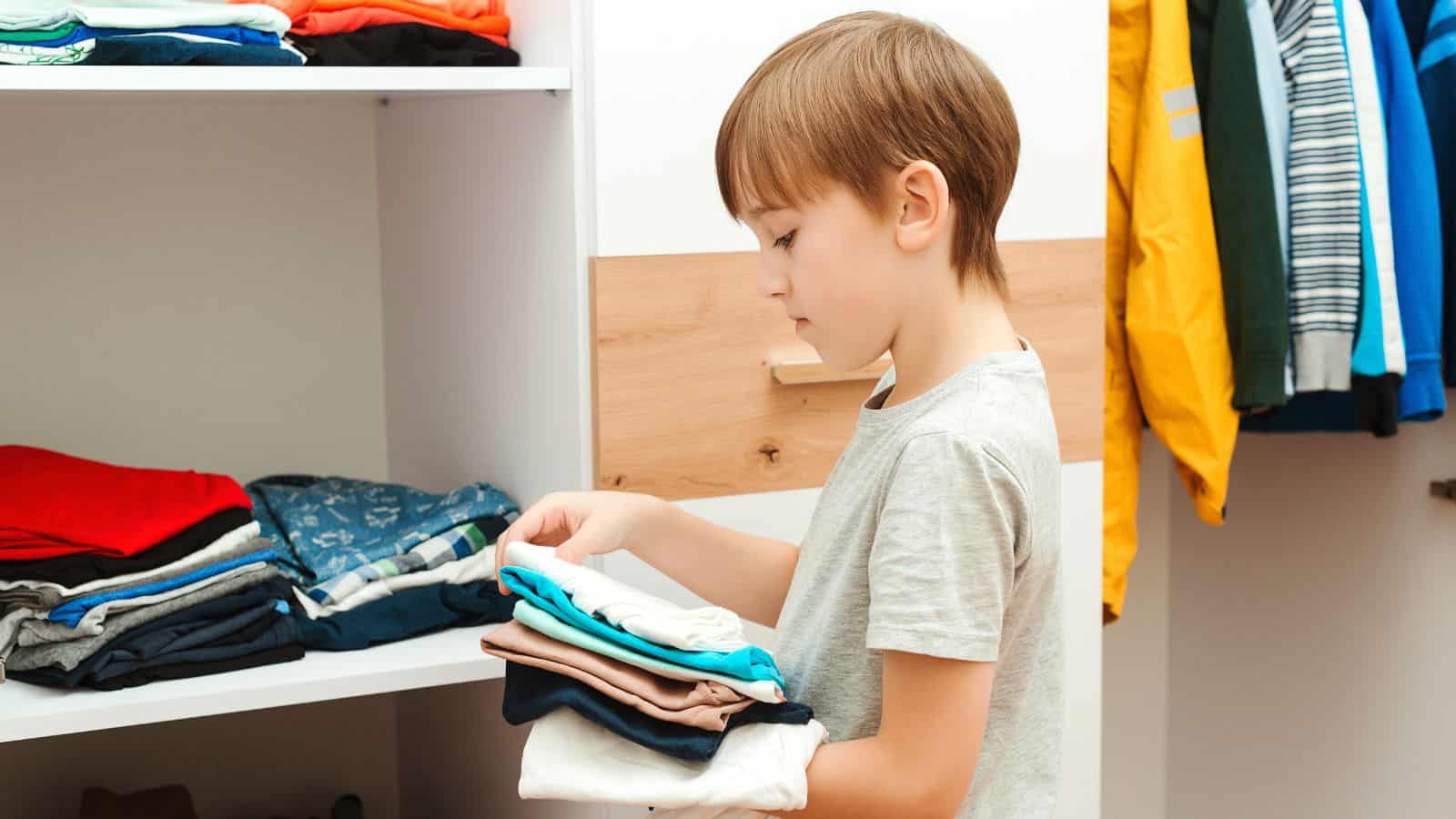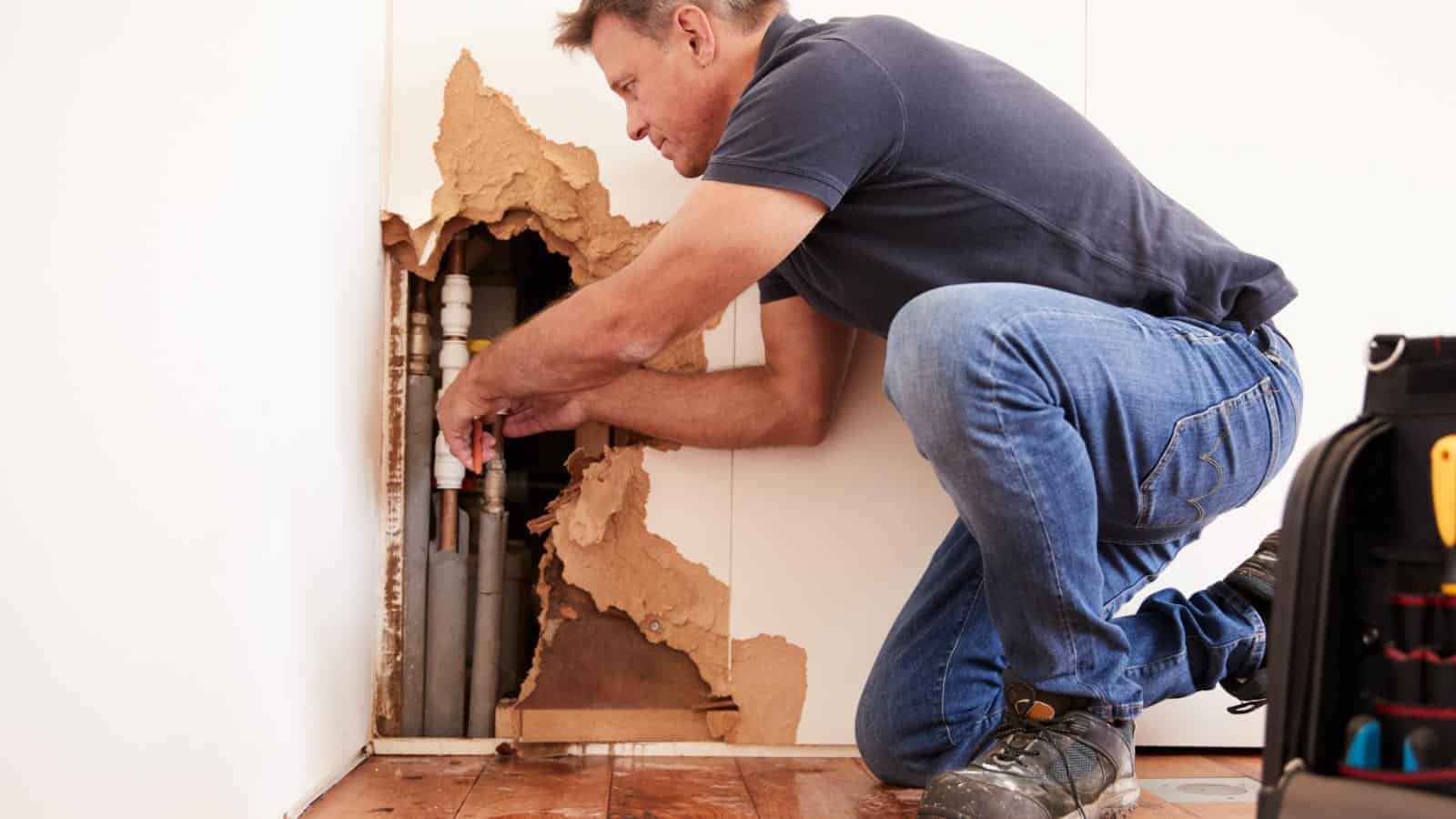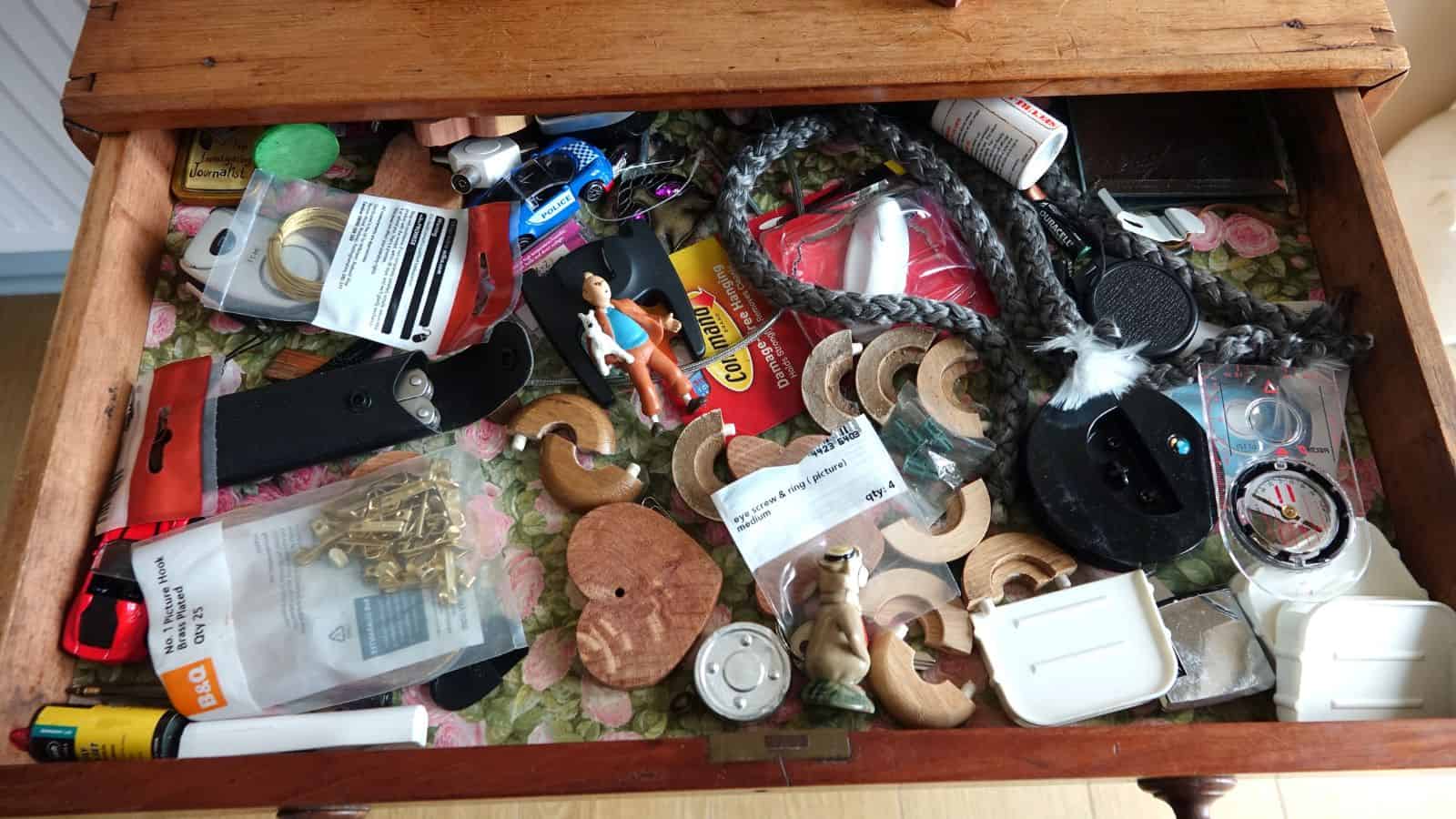Anyone who grew up poor will know that it certainly doesn’t make life easy. In fact, it can transform the way you see the world forever and create memories that stick with you long after childhood. If you’ve been there, you’ll probably recognize a few of these things.
Getting Creative with Meals

When money was tight, dinner wasn’t always about what you wanted but simply about what was available. Random combinations like rice and ketchup, or pancakes for dinner, became normal. Leftovers stretched for days, and nothing ever went to waste. If there was ground beef, it was getting turned into spaghetti or meatloaf.
Hand-Me-Down Clothes Were the Norm

Brand-new clothes were a luxury, and the majority of your wardrobe probably came from thrift stores, older siblings, or cousins. Pants might have been a little too short or shoes a bit too big, but you made it work. Even now, many adults who grew up poor still feel hesitant to splurge on new clothes.
Saving Plastic Bags and Containers

Nothing was ever truly thrown away if it could be reused. Plastic bags were folded and stuffed into a drawer for later, and empty butter tubs became Tupperware. Yogurt cups? Those held leftover soup or cut-up fruit. If you grew up poor, your family knew how to get the most out of every item, often long after its intended use.
Christmas Meant Practical Gifts

Holidays weren’t a time for the hottest new toy or the latest trend. In fact, they usually just meant getting things you really needed. New socks, pajamas, and school supplies showed up under the tree, and while you might have hoped for something flashier, you appreciated the thought.
You Learned to Make Things Last

Shoes were polished until they couldn’t hold together anymore, and patched-up jeans kept going for as long as they could. Furniture was repaired, not replaced. If something broke, the first thought was how to fix it, not where to buy a new one.
School Lunches Were Different

Buying lunch every day wasn’t an option for many kids who grew up poor. Sack lunches or reduced-price meals were the standard, and if you forgot yours, it often meant going without. Some days, what you packed didn’t quite match what your classmates had, but it didn’t matter. Food was food. You learned to appreciate whatever was there, even if it wasn’t fancy.
Free Events Were a Big Deal

When money was tight, entertainment came in the form of free activities, like community fairs, church events, and school functions. Family outings often meant picnics at the park or fishing trips that didn’t cost a dime. Anything that didn’t require an entry fee became an opportunity for fun. You learned how to make memories without spending much, and those simple experiences still feel special today.
Using the Layaway Counter

Big purchases couldn’t realistically happen all at once, so layaway was probably the answer. For things like school clothes, holiday gifts, or a new appliance, payments were chipped away little by little until the item was finally yours. Walking out of the store with something fully paid off felt like a victory.
Going Without Name-Brand Anything

Grocery shopping meant reaching for the off-brand version of just about everything. Store-brand cereal, canned goods, and generic snacks filled the pantry because they cost less and tasted close enough to the real thing. While some kids cared about brands, those who grew up poor learned that the label didn’t matter as long as it did the job.
Hand-Me-Down Furniture Filled the House

Just like clothes, furniture often had a long life cycle. Couches, tables, and beds were passed down from family members or found at thrift stores. Mismatched kitchen chairs or a couch that had “seen better days” wasn’t unusual. If something had a stain or tear, a blanket or slipcover could give it new life.
To this day, many adults who grew up poor still feel sentimental about secondhand furniture, seeing it as an important part of their family history.
The “Just in Case” Drawer

If you grew up poor, you probably had a junk drawer full of random odds and ends: rubber bands, old keys, used batteries, and spare buttons. Nothing was thrown out without serious thought because “you never know when you might need it.”
Walking Everywhere

When a car wasn’t available or gas was too expensive, walking became the main form of transportation. Biking was another alternative if you were lucky enough to have one. Long walks weren’t seen as exercise; they were simply part of daily life. Even now, driving short distances feels unnecessary for those who grew up walking everywhere.
Paying Bills Was a Family Effort

In some households, money was tight enough that everyone pitched in, even as kids. You might’ve had an after-school job, summer work, or contributed birthday money, but helping with bills was just part of life. That sense of responsibility taught valuable lessons about money and teamwork that stick with people long after they leave home.
You Knew How to Stretch a Dollar

Coupons, clearance racks, and discount stores were essential parts of shopping. You learned early on that buying things full price wasn’t an option if there was a way around it. Sales were carefully planned for, and saving a few dollars felt like a win. To this day, adults who grew up poor often have a knack for finding deals and getting the most out of every purchase.
Vacations Were Rare – But Special

Big trips to expensive resorts or theme parks were out of reach for many families. Instead, vacations looked like camping trips, visiting relatives, or spending a weekend at the beach or lake. These smaller, budget-friendly trips created just as many memories as the pricier alternatives.
Fixing Things Yourself Was Normal

Calling a professional wasn’t the first option when something broke around the house. Parents (and sometimes kids) figured out how to make repairs using whatever tools or parts were available. That resourcefulness often carries over into adulthood, with many people still preferring to fix things themselves rather than hire help.
